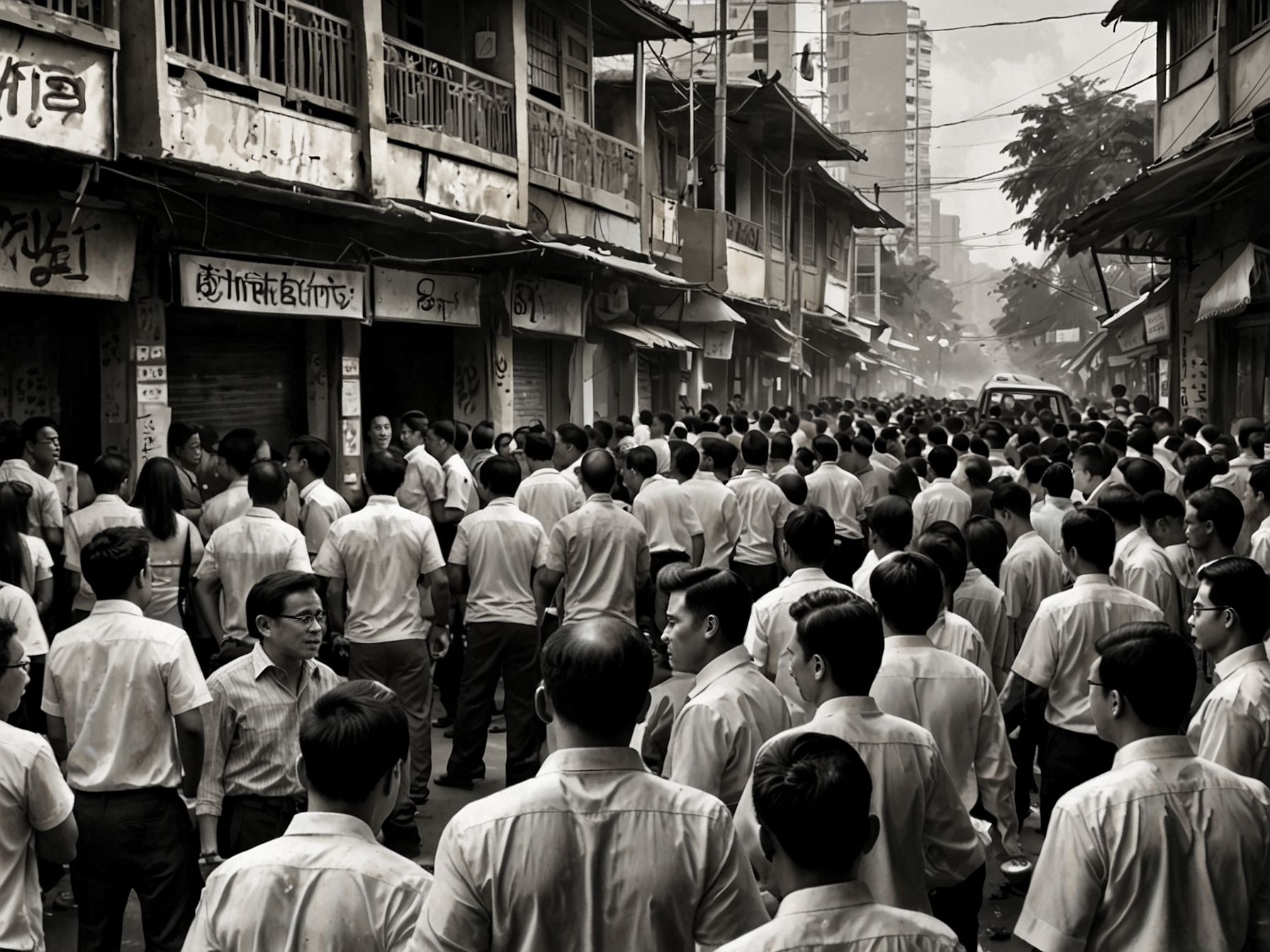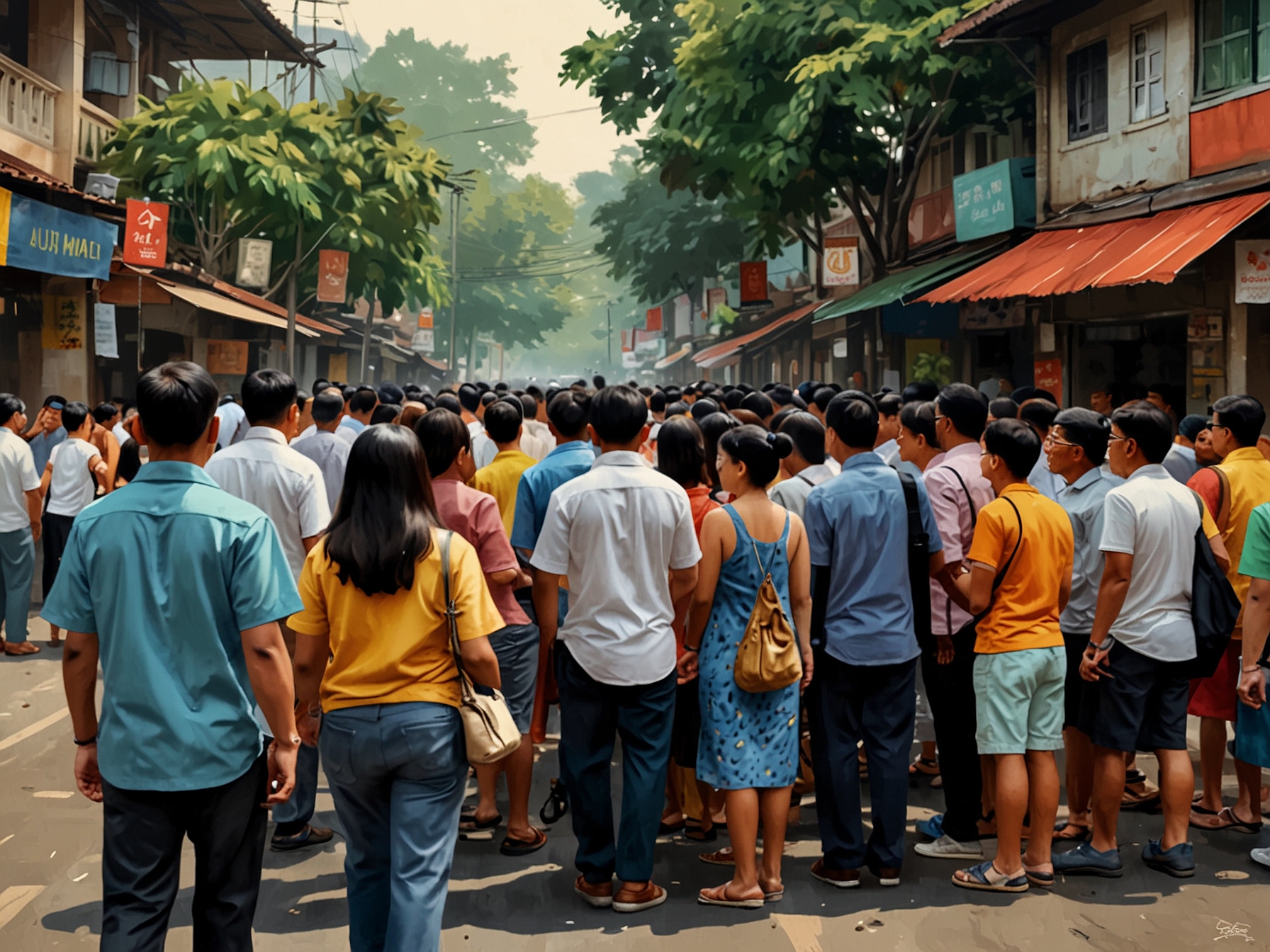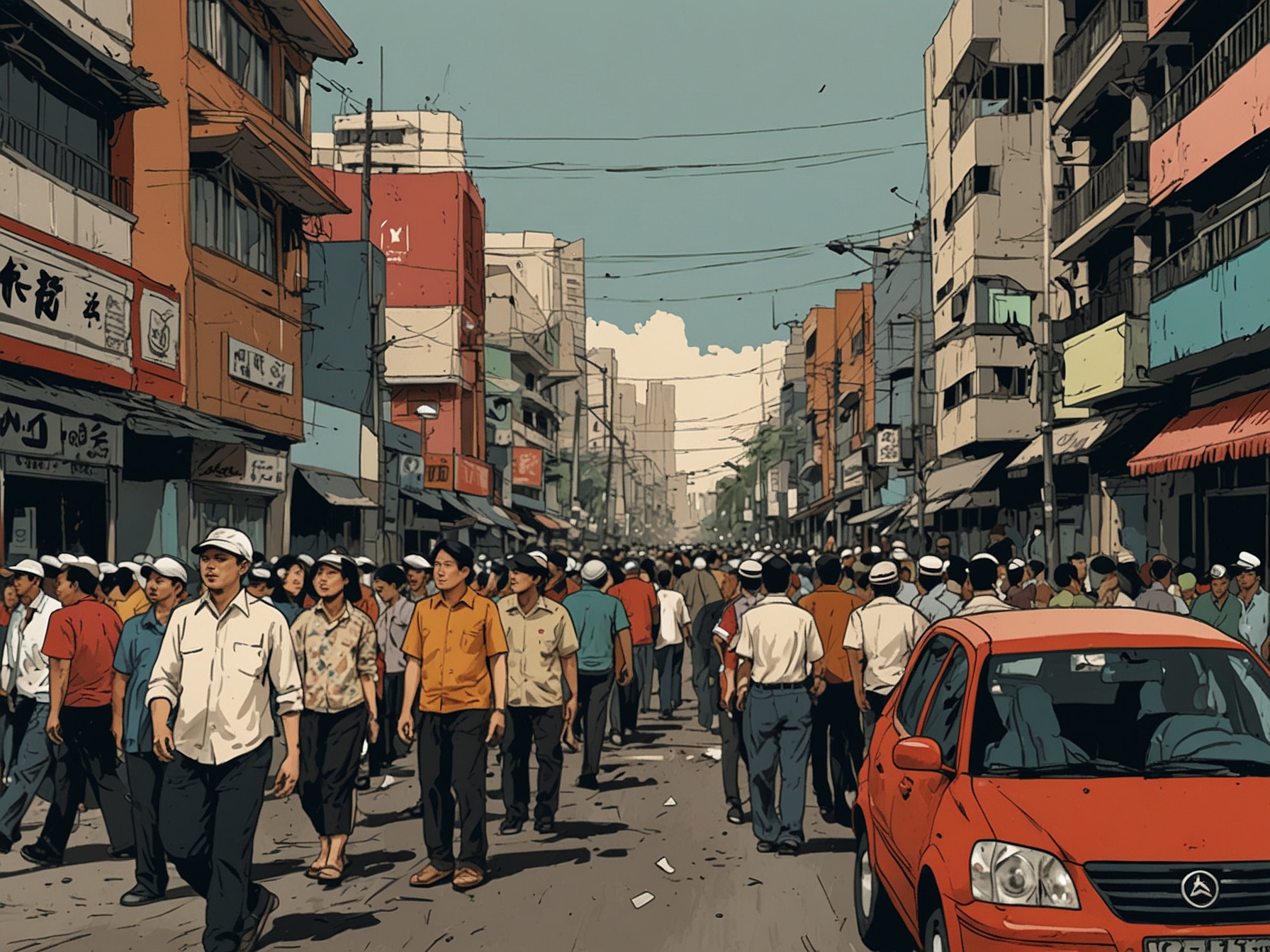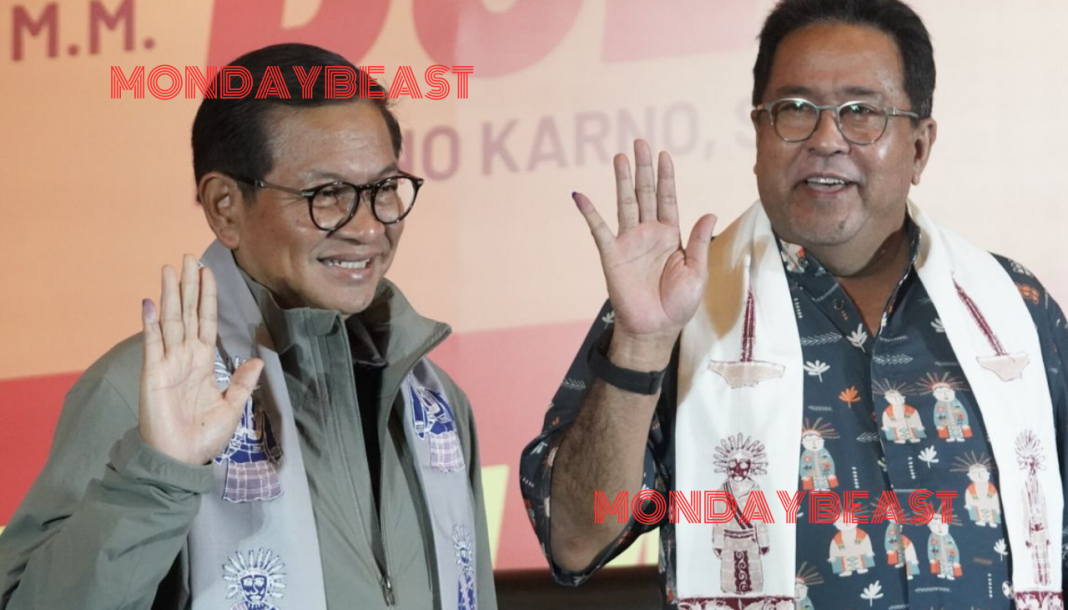As the dust settles in Jakarta, the political landscape shifts. Pramono Anung and Rano Karno, affectionately known as Pram-Doel, have surged forward, capturing around 51.03% of the vote, according to Saiful Mujani Research and Consulting (SMRC). This news ripples through the city and raises questions—what does this mean for Jakarta? Can Pram-Doel fulfill the promises of change?
The atmosphere around the voting booths was tense. Citizens gathered, their hopes pinned on the candidates they believed could lead them. Some chose Pram-Doel for their track record, while others saw potential for fresh ideas.

The streets buzzed with discussions. Friends debated passionately about the implications of this election. Ridwan Kamil and Suswono followed behind with 38.80% of the votes. Their supporters reacted with shock and disappointment.
They had campaigned hard, bringing intricate plans to the ballot box. Meanwhile, Dharma Pongrekun and Kun Wardana Abyoto secured a meager 10.17%. In a city of over eight million voters, how did their message fail to resonate?
SMRC’s research provides a statistical framework for understanding this victory. With a confidence level of 95%, they estimate Pram-Doel’s actual support could range between 49.99% and 52.07%. It leaves one wondering—will the final vote tally show a solid mandate or a narrow escape?

While this is a promising lead, opinions differ widely on the outcome’s significance. Critics caution against prematurely celebrating. “Quick counts don’t provide a definitive conclusion,” said M. Ezha Fachriza from SMRC. The uncertainty can leave voters in suspense.
What happens now? Will Pram-Doel be able to live up to public expectations? The real work starts here. Voter engagement does not end with the elections.
Citizens must hold their leaders accountable. There are layers of complexity in governing. Will Pram-Doel support progressive policies that resonate with Jakarta’s diverse population?

Campaigns always promise to usher in change. But will it ensure real improvements? Voter turnout was significant, with 8.2 million registered voters participating.
Each ballot cast was a wish for a better future. Citizens entrusted Pram-Doel with this hope. But how long before that hope turns into tangible results?
The larger narrative emerges from rhetoric and promises. Jakarta deserves leaders who address core issues. Traffic congestion, housing shortages, and environmental changes plague this vibrant city.
How can Pram-Doel prioritize these challenges? Will they navigate the complexities of local politics? As we await the official results from the Komisi Pemilihan Umum (KPU), the anticipation builds.
Voters remain vigilant. It’s essential to approach the final tally with cautious optimism. Until then, Jakarta’s future hangs in the balance, driven by the choices of its people and their elected leaders.




